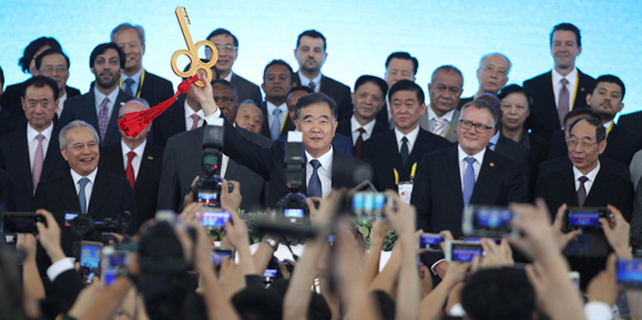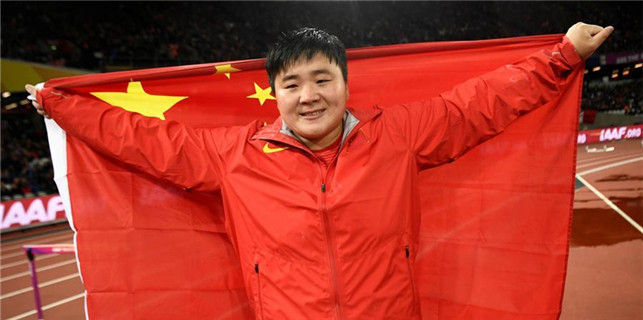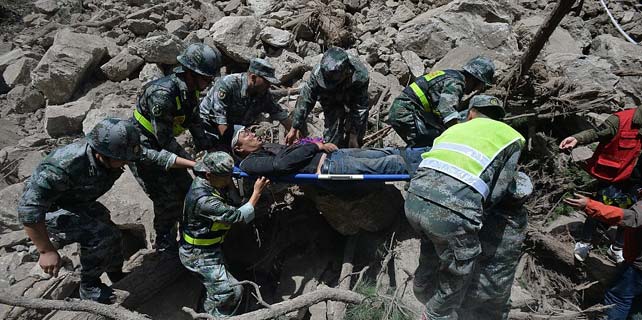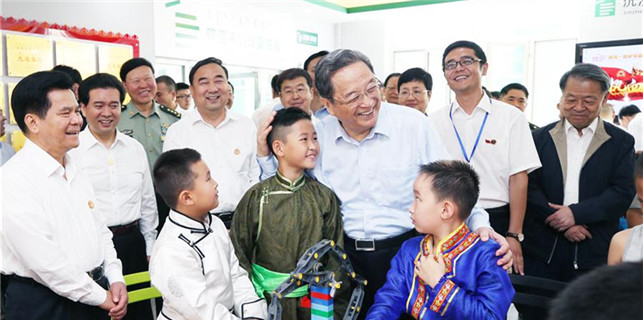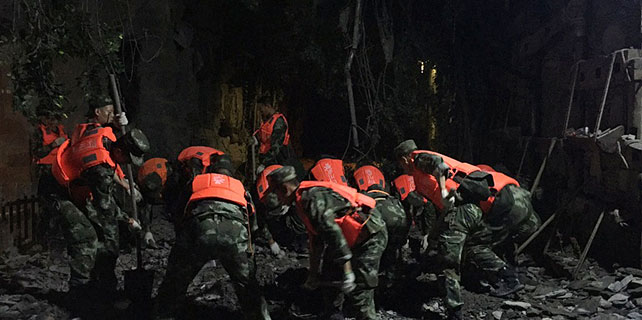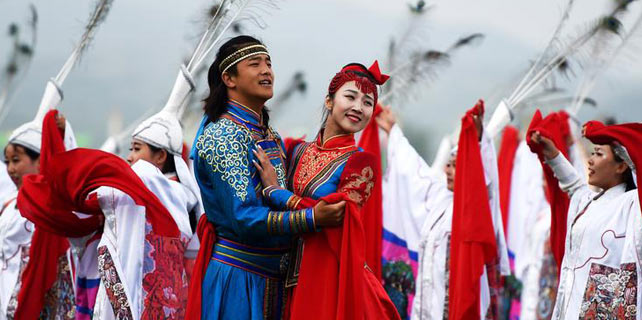Among world's last matrilineal societies
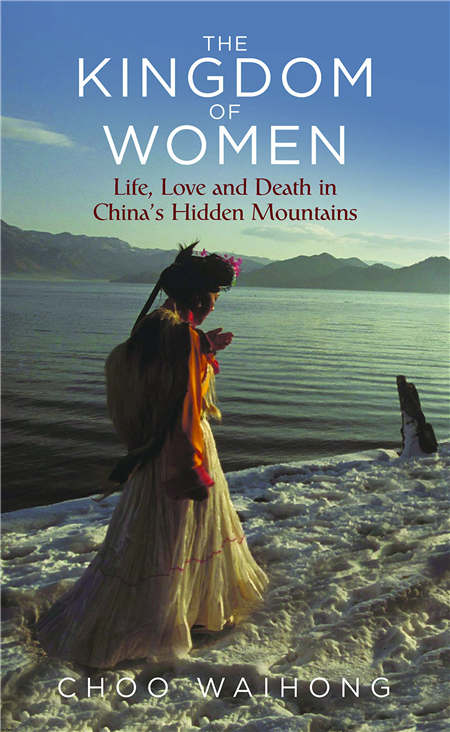 |
|
Choo Waihong's experience of living with the Mosuo people for six years is recorded in her book, The Kingdom of Women. [Photo provided to China Daily] |
The Mosuo people, who live near Lugu Lake in Southwest China's Yunnan province, are among the last matrilineal societies on Earth. Women are in charge of everything from housework and looking after the livestock to making economic decisions and choosing lovers.
Newborns inherit the names of their mothers, not their fathers. Births of baby girls are celebrated more than baby boys.
"It so intrigued me that I stayed," Choo Waihong told an audience in Beijing last Thursday. "I lived among them and I made friends."
Choo's experience of living with members of the Mosuo people for six years is recorded in her book, The Kingdom of Women.
Hsiao-Hung Pai, a Britain-based journalist calls the book "a refreshing and authentic portrait of a hidden society in patriarchal China".
"At its heart, this is the story of what that experience did to Choo's attitude to her own culture as she explored the customs, habits and beliefs of her new friends," an earlier Guardian book review said.
The Mosuo people have 40,000 members and they can trace their ancestry in the area to as early as the Han Dynasty (206 BC-AD 220).
"When you meet with Mosuo women, you will find that they are very self-confident," Choo says. "They walk, they sit, they speak proudly and very self-assuredly."
Choo is a Singaporean of Chinese descent. She was a corporate lawyer in Singapore and California before retiring early in 2006 to travel around China.
Choo first learned about the Mosuo people when reading an article in a magazine about their festival in honor of the mountain goddess.
She stayed among the Mosuo people, spending six months every year with them for six years.
Choo sees the Mosuo's women-centric life as a privilege.




